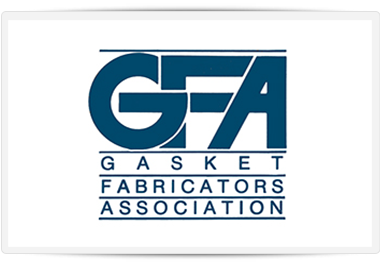The moniker glazing tape is regularly used throughout the fenestration industry. It's usually employed to establish the seal between the glass panel and window sash or door material and the insulated glass panel. The ultimate goal of the glazing tape is to prevent water leakage and prevent air leakage.
Glazing tape is commonly utilized in aluminum and vinyl doors and windows. However, glazing tape can be utilized indoors and windows made from wood as well. Let's take a closer look at some of the most common types of glazing tapes.
Structural Glazing Tapes
Structural glazing tapes are used by those in the window wall or curtain wall segment. This type of glazing tape utilizes a monolithic, high-strength, foamed acrylic adhesive system. These key attributes are critical in the process of bonding an insulated glass unit into a framing system manufactured from metal.
Structural glazing tape is created from acrylic foam, which makes it extremely viscoelastic and offers high elongation properties. These attributes are critical in the process of managing varying loads of weather and wind.
Structural Glazing Spacer
The structural glazing spacer is the type of glazing tape used on commercial construction projects and by fabricators installing or making:
Structural glazing spacers rely on an open-cell polyurethane, semi-rigid foam core that allows moisture and air to reach the structural silicone sealant.
This material serves as the key bonding system that holds the glass unit securely in place. The open cell structure of structural glazing spacers promotes the curing of the silicone and allows it to achieve maximum bond strength. In this system, the sealant and tape work together to offer fabricators and commercial glaziers the best of both worlds.
Glazing Tape for Residential or Light Commercial Windows
On the other hand, manufacturers of windows for light commercial applications or residential applications will use a material made from either polyvinyl chloride (PVC) or polyethylene (PE) core. These types of glazing tapes are typically coated with either rubber or acrylic-based adhesive systems.
Residential and light commercial window glazing tapes are lower density, which makes them easier to compress to create a window seal. Because of this, these types of glazing tapes are usually more economical compared to other commercial types of glazing tapes. Even so, these types of glazing tapes are ideal and well-suited to handle the loads and sizes associated with residential windows.
Contact Frank Lowe for Glazing Tapes
At Frank Lowe, we specialize in offering tailored fenestration solutions for commercial and residential window and door applications. As such, we offer a vast range of different types of glazing tapes, and our seasoned experts will match you to the perfect solution.
Contact Frank Lowe today for tailored glazing tape solutions.






